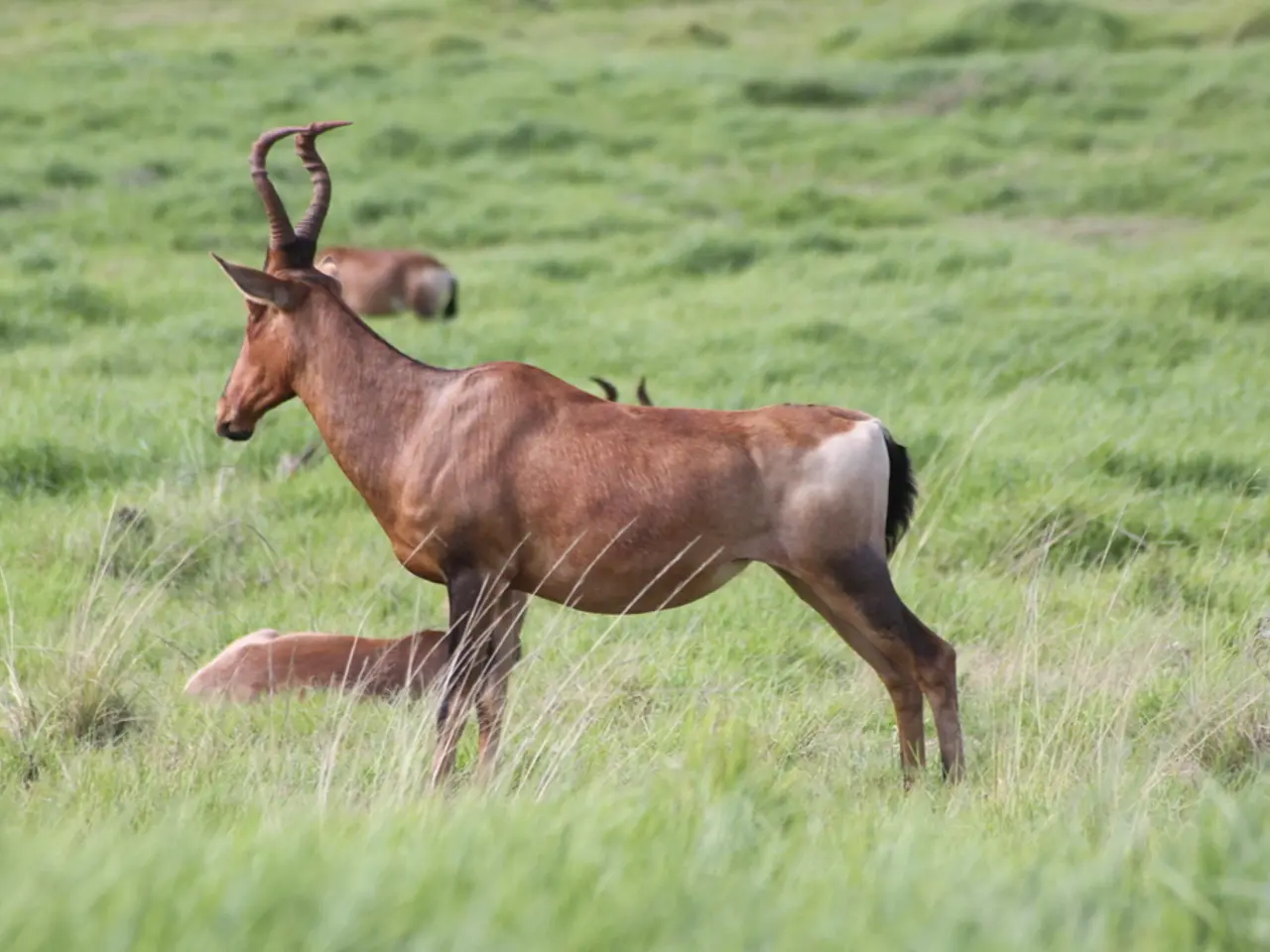Increased Attention for Igel & Co.
In the district of Rhein-Kreis Neuss, a growing concern for wildlife protection has led to the examination of a potential night driving ban for lawn robots. This move is aimed at safeguarding nocturnal creatures, particularly hedgehogs, which are protected under German nature conservation law.
Hedgehogs, being small and slow-moving, are difficult for lawn robots' sensors to detect, making them vulnerable to injury or death from the sharp blades of these devices. Given that wild animals like hedgehogs are protected under the Federal Nature Conservation Act (Bundesnaturschutzgesetz), anyone who uses their lawn robot in a way that endangers wildlife could potentially violate the law.
To ensure a harmonious balance between garden maintenance and wildlife protection, consider the following key points:
1. **Compliance with German Nature Conservation Law:** In Germany, it is essential to respect the legal protections for wildlife. Using lawn robots without regard for wildlife can lead to violations, especially if they operate during vulnerable periods or injure animals.
2. **Operating Times - Avoid Nocturnal Use:** Hedgehogs are nocturnal and therefore most active at night. Limiting the operation of robotic mowers to daylight hours reduces the chance of harming wildlife.
3. **Safe Retreats and Habitat Preservation:** Creating safe retreats for wildlife within your garden is crucial. Leaving undisturbed areas or natural refuges like brush piles, hedges, or wood piles where hedgehogs can shelter is vital. Avoid mowing these zones or install protective barriers around them to prevent the robot from entering sensitive habitats.
4. **Use Advanced Lawn Robots with Animal Recognition:** Modern robotic mowers, such as the Segway Navimow, have integrated AI technologies that recognize and avoid animals, including small and nocturnal species like hedgehogs. These systems use extensive simulation and real-world tests to identify animals within milliseconds and stop or steer clear of them, enhancing safety without sacrificing garden maintenance.
5. **Alternatives or Additional Wildlife-Safe Practices:** - Manually mow sensitive areas periodically to check for wildlife presence. - Schedule mowing when wildlife activity is minimal (daytime and outside breeding seasons). - Use boundary wires or GPS zoning on the robot mower to exclude wildlife-sensitive zones. - Consider non-mechanical lawn maintenance in parts of your garden, such as wildflower meadows or less-mowed “natural” areas, which support biodiversity.
By adhering to legal protections, choosing appropriate operating times, creating safe wildlife shelters, and employing advanced animal-detection technology, you can maintain a healthy garden environment while minimizing risks to hedgehogs and other wildlife in your lawn care with robotic mowers.
The night driving ban for lawn robots, if introduced, would not only promote the nocturnal rest periods of humans and animals but also contribute to environmental and species protection. The district administration is also examining possible penalty options for violations of the proposed ban.
Remember, the responsible use of lawn robots is not only a moral but also a legal obligation. By being mindful of the environment and wildlife, we can enjoy the benefits of modern technology while respecting the diverse ecosystems that make our gardens thrive.
- To adhere to the Federal Nature Conservation Act (Bundesnaturschutzgesetz) in Germany, it is crucial to avoid using lawn robots during periods or in ways that could harm wildlife, such as nocturnal creatures like hedgehogs, which are protected under the law.
- Given the growing concern for wildlife protection, the night driving ban for lawn robots under consideration in Rhein-Kreis Neuss could help promote a harmonious balance between garden maintenance and the well-being of nocturnal creatures, contributing to both the environmental and species protection efforts.
- In line with the general news about the potential night driving ban for lawn robots, homeowners and garden enthusiasts should be mindful of new regulations concerning the use of robotic mowers and strive to implement eco-friendly and wildlife-sensitive gardening practices, which not only respect German nature conservation law but also contribute to a healthier and more biodiverse garden ecosystem.




